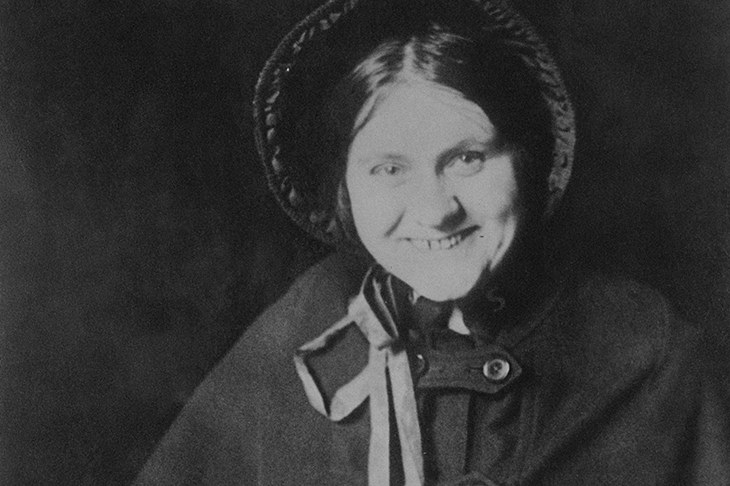Susannah Stapleton’s erudite but hugely entertaining debut is a true-life detective story about the quest for a true-life detective. A longstanding fan of Golden Age crime fiction, Stapleton is reading a 1930s Gladys Mitchell novel featuring the sleuth Mrs Bradley when she has a sudden thought: were there any non-fictional female sleuths around at the time? Reaching for her laptop, she soon finds a reference to Maud West, who billed herself as ‘London’s only lady detective’. And with that, writes Stapleton, in by no means the book’s only use of classic detective-story phrases, ‘The game was afoot’.
Her first stop is the Times archive, where she discovers an advert for Maud’s services from 1909 (‘Are you worried? If so, consult me!’) and another, from 1936, for a talk she gave at the ‘Exhibition of Women’s Progress’. But it’s when she explores less august publications that Stapleton really strikes gold — because Maud, it seems, was a bona fide tabloid celebrity. There were regular news-paper profiles, many affecting surprise that she didn’t wear a deer-stalker. Maud herself also wrote about her work in Pearson’s Weekly — a magazine, according to Stapleton, that virtually prided itself on its indifference to factual accuracy.
Even so, Maud’s columns — a dozen of which, happily, Stapleton scatters through the book — must have pushed this policy further than most. By her own account, Maud was a gun-toting mistress of disguise who pursued dastardly villains across the globe. In Rio, she overcame a gunman in a cocaine laboratory. In Paris, she rescued a young woman from a gigolo called the ‘Prince of Lovers’.
The trouble for Stapleton is that what she understatedly calls Maud’s ‘ambivalent relationship with the truth’ wasn’t restricted to magazine pieces.








Comments
Join the debate for just £1 a month
Be part of the conversation with other Spectator readers by getting your first three months for £3.
UNLOCK ACCESS Just £1 a monthAlready a subscriber? Log in